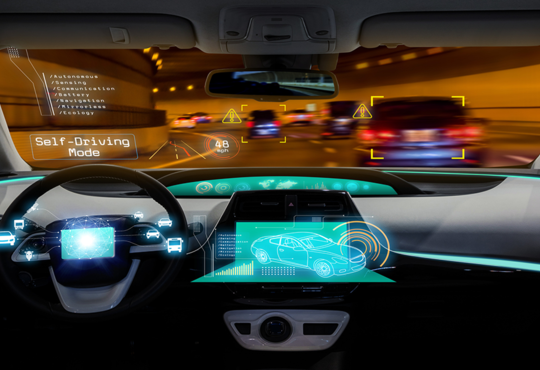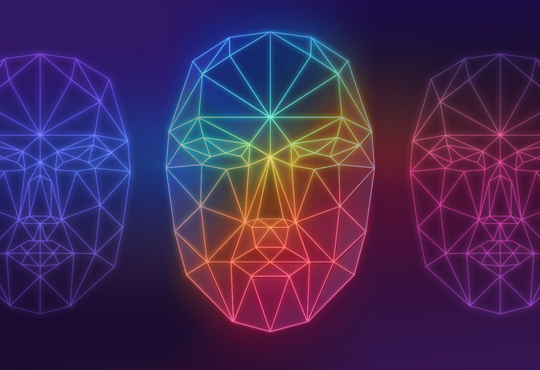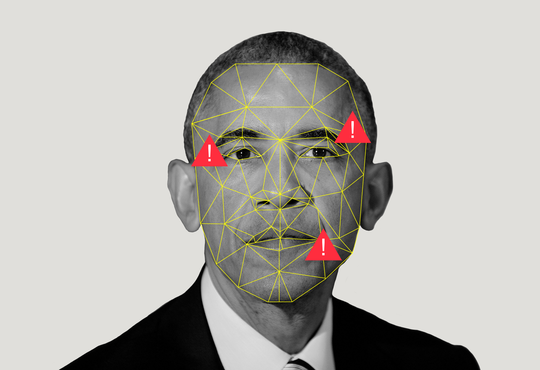Introduction
Computers have become integral to our everyday lives. Computers power society and allow us to create and develop our ideas anywhere on the planet, but as technology continues to advance, we begin to see the limitations of our current devices. Although we have progressed from using bulky computers to custom-made sleek ones, there is still room for improvement and much greater issues to tackle.
How can we model atoms and molecules? How can we increase the effectiveness of artificial intelligence and neural networks? How can we optimize daily tasks on a larger scale? These are all problems that many are working to solve today using quantum computing—the use of quantum phenomena to perform computations.
Quantum computers are predicted to have more power and be up to one hundred million times faster, all while consuming up to one thousand times less energy than a classic computer we use today! Nonetheless, we are not looking to replace our modern computers with quantum ones but are simply looking to create devices to solve issues we have yet to conquer.[1].
Jargon
Let us start by understanding the terminology that surrounds quantum computing. Here are some of the most common terms you may encounter.
Qubit
In classical computing, we have something known as a bit or binary data. Bits are the smallest unit of storage in computers and have two states: 0 or 1. The quantum mechanical version of a bit is called a qubit. Like a bit, it can be either in the state 0 or 1; it can also be in both states at once.[4]
Entanglement
Entanglement is the quantum mechanical phenomenon where quantum particles are heavily related to each other to the point at which a change in one particle will directly affect another quantum particle. Regardless of distance, they will always be in unison, constantly influencing each other. Hence, their fates are “entangled”. [2]
Superposition
Superposition is the ability to be in more than one state at a time. When it comes to quantum computing, this applies to the qubits used on the machines. On a classic computer, the bits we use are always in one state: 0 or 1. On a quantum computer, however, the bit may be both 0 and 1 at the same time. [2]
How Quantum Computing is Used
Researchers, scientists, and many major tech companies are currently working to improve quantum computing everyday by steadily increasing its power little by little. The first quantum computer only had two qubits, but now there are some with more than fifty. Though quantum computers may never be something we have at home due to their sensitivity to outside interference, we will still be able to access them remotely and use their power to develop new and exciting projects. [3] Presently, many companies and researchers around the world already use quantum computers through the cloud. This allows them to have a large amount of computing power, which they can use to run simulations, train artificial intelligence, and do many other activities.
Projected Use and Market
As of now, the implementation of quantum devices for commercial use is more than five to ten years away. However, that has not stopped industry professionals from planning ahead and considering what they may accomplish with the power of quantum computing. For example, in the pharmaceutical industry, the development of new medication could be accelerated as quantum computing would give us the ability to simulate molecules and atoms, giving us a better understanding of their qualities. Moreover, we could increase the optimization of tasks in all sectors, for example, by finding the best way to store items, or the best route to a destination. Finally, quantum computing is a game changer for online security and encryption—it could make data virtually impenetrable! [5]
Conclusion
Quantum computers are a very powerful and useful tool that will help us drive innovation even further. They give us an outlet to discover new processes and optimize old ones. With this new technology on the horizon, it will be amazing to see what we can accomplish with it.
For more info on the IQC at UW click here.
References
[1] Marr, B. (n.d.). 15 Things Everyone Should Know About Quantum Computing. Retrieved from https://www.bernardmarr.com/default.asp?contentID=1193
[2] Quantum computing 101. (2019, June 14). Retrieved from https://uwaterloo.ca/institute-for-quantum-computing/quantum-computing-101#Get-a-quantum-computer
[3] Katwala, A. (2020, March 5). Quantum computers will change the world (if they work). Retrieved from https://www.wired.co.uk/article/quantum-computing-explained
[4] Garlinghouse, T. (2020, January 21). Quantum computing: Opening new realms of possibilities. Retrieved from https://www.princeton.edu/news/2020/01/21/quantum-computing-opening-new-realms-possibilities
[5] Honeywell. (n.d.). The Future of Quantum Computing. Retrieved from https://www.honeywell.com/en-us/newsroom/news/2019/11/the-future-of-quantum-computing












